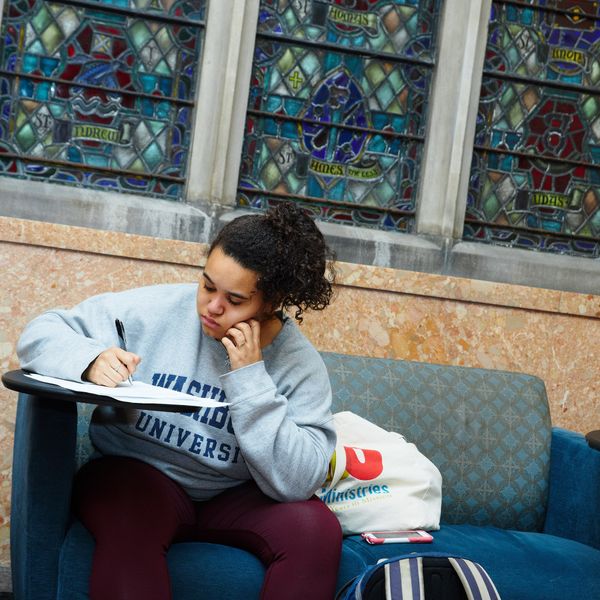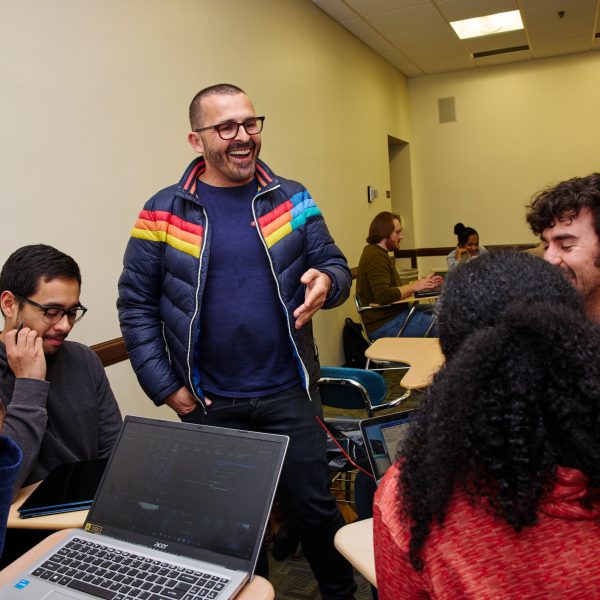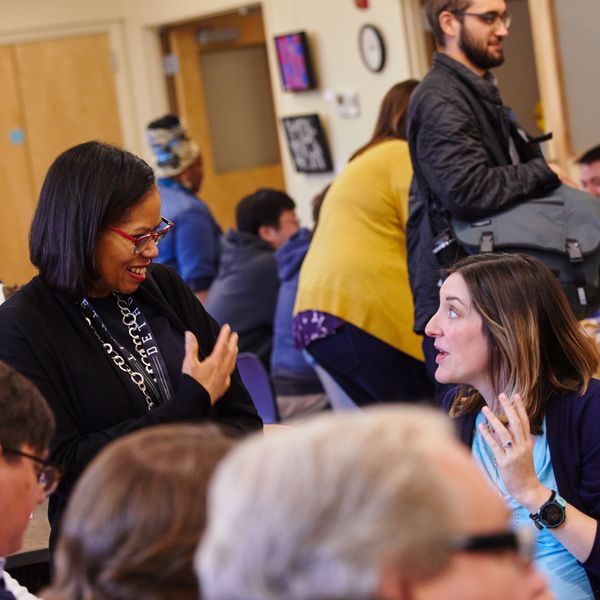Contextual Learning Opportunities
Boston University School of Theology (STH) supports a remarkable variety of research, travel, and contextual study opportunities, including annual travel seminars and study abroad opportunities. The School also offers a limited number of travel and “springboard” fellowships that provide funding for students giving papers at conferences and other contextual action-reflection projects.
Contextual Education Office
The Contextual Education Office at STH prepares students for practical leadership through internship placements that not only benefit our community and congregational partners, but also satisfy requirements for degree programs and/or denominational ordination. If you have any questions, please email us at sthope@bu.edu.
Learn more
Travel Seminars
STH offers several travel seminars each year, mostly during January, spring break, or early summer. Eligible students receive up to $1,000 in funding to help defray the travel costs once during their studies at STH. These seminars have different emphases and learning outcomes depending on the course design, location, and theme of the travel seminar. This academic year’s travel seminars will be announced soon.
Boston University Study Abroad Programs
Boston University has several graduate level Study Abroad programs, some of which may count toward STH degree programs. Emily Kleidon (MTS ’17) recently participated in the study abroad program, and she answers questions about the experience in this video:
Customized Travel and Study Programs
With the help of the Office of Contextual Education and the Academic Dean’s office, some advanced students may be able to customize a study abroad semester with partnering higher education institutions. STH students have customized programs of study in Cuba, Mexico, and Puerto Rico, but other sites might also be possible.



